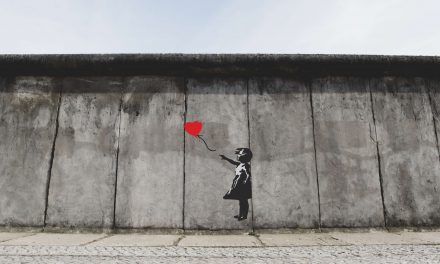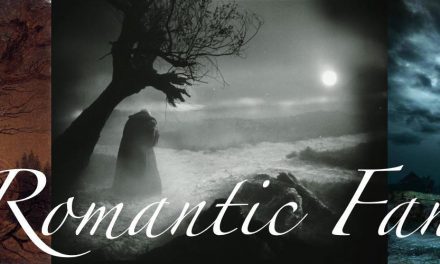Journal: The Australasian Journal of Popular Culture
Special Issue: Nostalgia and Popular Culture
Abstract submission deadline: 10 May 2020
Full article (6,000-7,000 words) submission deadline: 19 July 2020
Issue Guest Editors: Carmel Cedro (Auckland University of Technology) and Blair Speakman (Auckland University of Technology)
Nostalgia is a pervasive part of our contemporary moment in popular culture. Connected to a sentimental longing and yearning for the return of an idealised and “mythical past” (Boym, 2001, p. 8), nostalgia can be seen to give a sense of comfort and reassurance. This goes towards explaining why popular culture is an ideal conduit for nostalgia, readily embraced as an “expedient and marketable mode” (Grainge, 2002 p. 58). Whether it is how media is put together and distributed, how technologies are perceived and received, or how narratives in popular culture are conceived and produced, nostalgia plays a pivotal role. It defies genre, mode, or medium; from television series such as Mad Men, Stranger Things, and The Chilling Adventures of Sabrina, to trends in fashion and popular music, nostalgia can be seen across the broad spectrum of popular culture texts and artefacts. These forms or modes use whimsy and re-imaginings of the past to remix, reboot, reissue, or reform ideas, ideologies, or narratives in purposeful and recurrent ways—popular culture seems addicted to its own past (Reynolds, 2011).
This special issue seeks articles that interrogate how nostalgic expressions are reviewed, reshifted, or revived in popular culture to illustrate how perceptions of memories and history shape our everyday lives. The editors invite submissions that examine intricate intersections between nostalgia and popular culture, particularly ones that explore dominant conceptions of nostalgia. This could include discussions pertaining to whether nostalgia restricts innovation and exploits our emotional connection to the past, real or imagined, or whether the use of nostalgia gives us an opportunity to re-examine ourselves and our history. Submissions should critically explore diverse and transformative examples in popular culture to illustrate how nostalgia is conceptualised.
Possible topics of interest might include (but are not limited to):
- Modes of representations, including film, fashion, literature, television, popular music, video games, board games, comics, fandom, animation, sport, architecture, and art.
- Identity (including concepts of generation divides, gender, queerness, stereotyping, counterculture, ethnicity and race)
- Icons, trends, fads, and Consumer Culture
- Desire and Aesthetics
- The ‘Dark Side’ of Nostalgia (toxicity, national identity, revisionism)
- Memory, history, and the past
- Notions of authenticity and truth
- Commodifying Nostalgia (adaptation, genre, and rebooting, franchising, cross-marketing)
- Food, heritage, and ‘armchair nostalgia’
- Future and Post-Nostalgia
Please submit abstracts and articles to the editors at PopularCultureNostalgia@gmail.com





